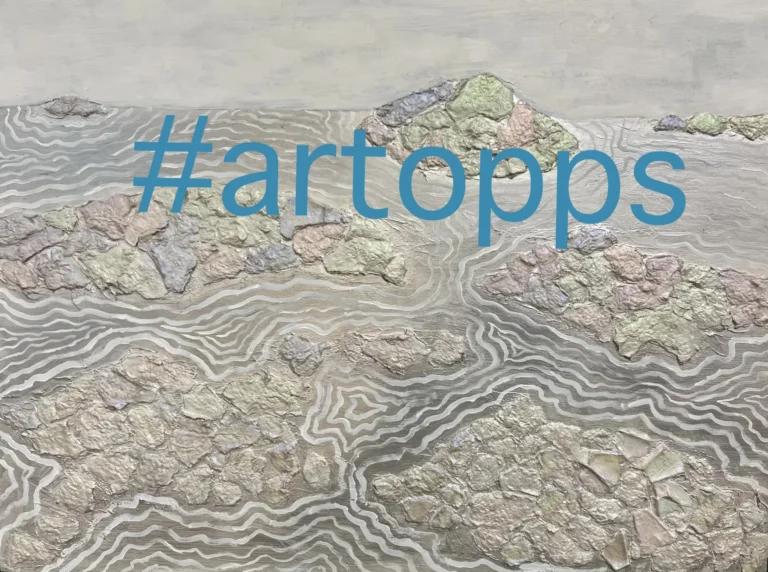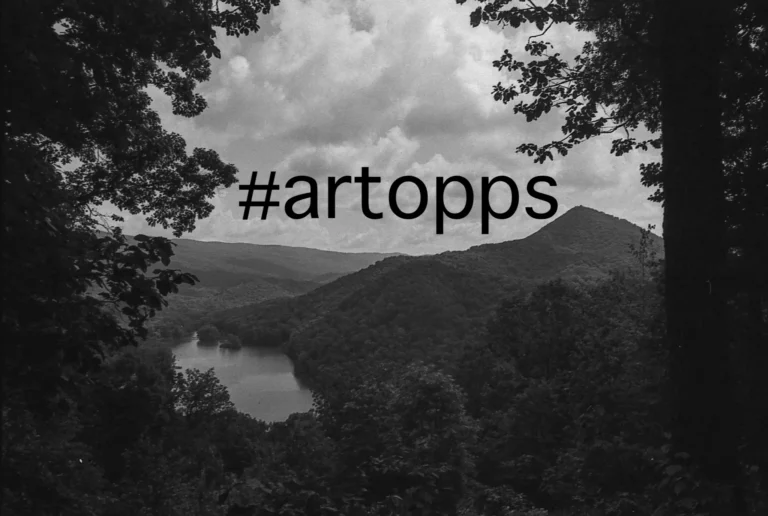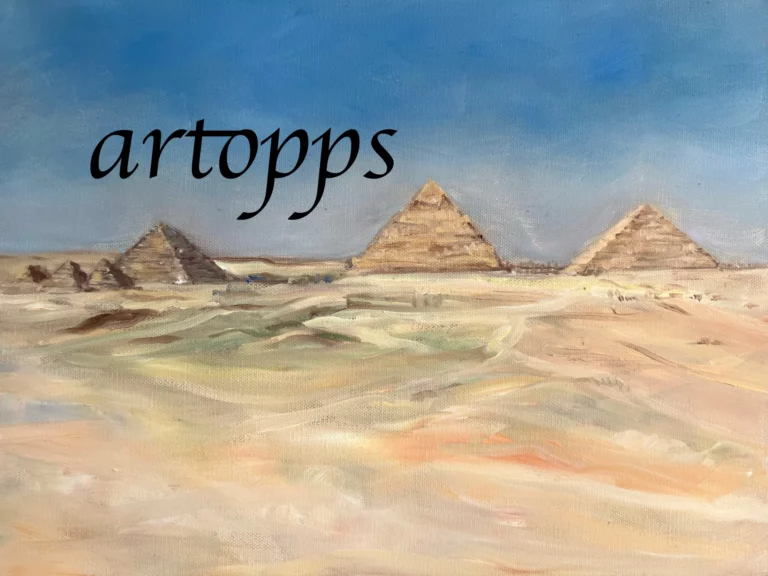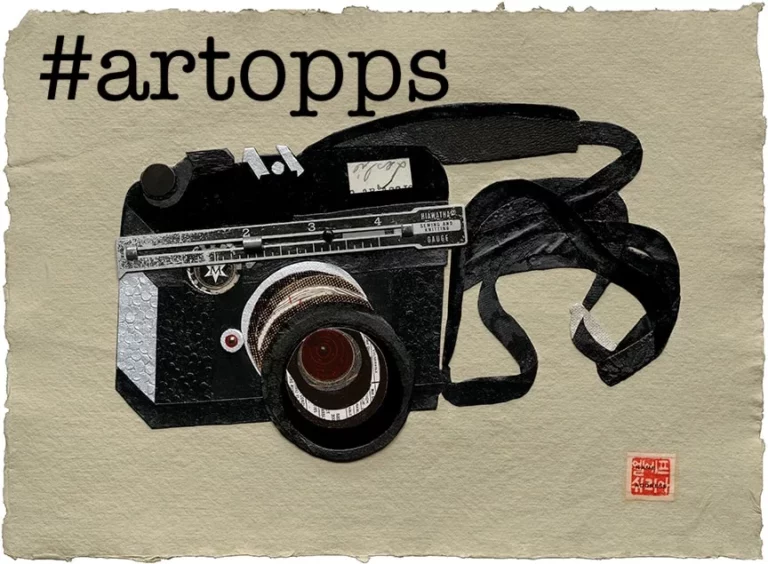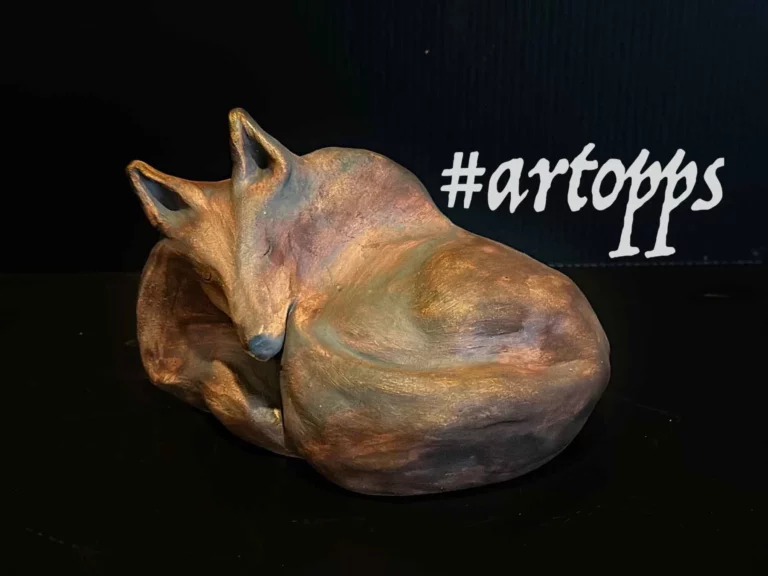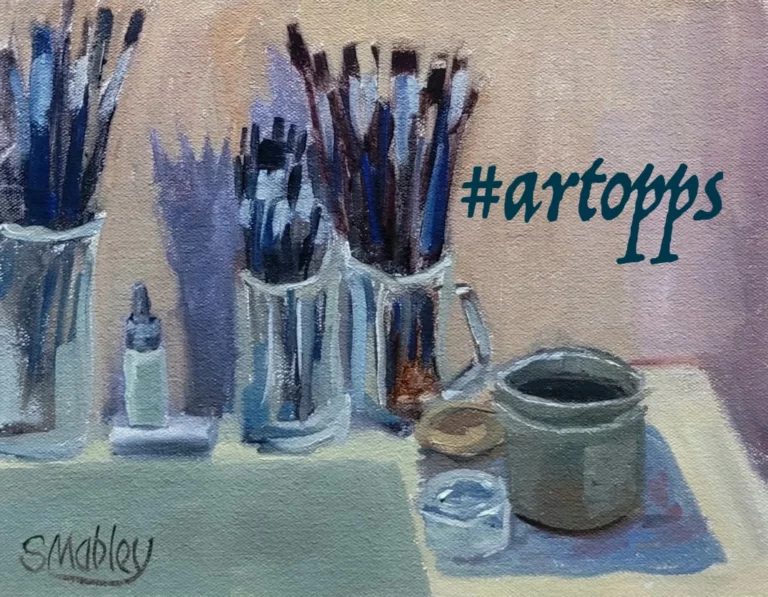Bending Perceptions: Otto[wo]man Class Teaches Steel Welding, Furniture Making, and Fear Crushing


Art League instructor Donna Reinsel is perfectly aware of how provocative the name of her class, the “Ottowoman Project” is… and how fitting. The course is taught in part by Reinsel, a steel welder and furniture maker, and co-instructed by Nicole Reidinger of the Alexandria Seaport Foundation.
The class they instruct is affectionately named “The Ottowoman Project (Ottoperson…Ottoman?).” The name reflects not only the nature of the class (making a upholstered lid, steel-framed piece of furniture called an “Ottoman”), but also the fact that the class is taught by two female instructors (thus “Ottowoman” vs “Ottoman”).

The Ottowoman Class
Students will learn about steel work in the first part of class, held at The Art League, creating a steel base for the piece with four legs and decorative elements. They then spend three weeks aboard the floating workshop of the Alexandria Seaport Foundation making a wood box that will fit over the top of the steel base. For the last class, they’ll come back to The Art League and upholster the lid to finalize the “Ottoperson.”
Reinsel has been teaching for eight years, seven of which have been with The Art League. Things she loves about teaching include, “…helping people overcome fear, and then go on to learn a skill,” she says. “For most people it’s a little intimidating.”
Reidinger, Reinsel’s co-instructor who has been an instructor with the Alexandria Seaport Foundation for almost two years, also notes the confidence building and reward students get from learning a new skill.
“With all students, I love seeing them improve their confidence and finding their home in the shop over time. Its truly a holistic process that provides the inherent reward of the project they complete and something they build in themselves internally.”

Ottopeople
Reidinger also says that woodworking is not just a purely creative pursuit, but a truly holistic activity.
“Not only is it a physical task, but it also requires a lot of intellectual capacities: math processes, design concepts, problem solving, and critical thinking.”
Reinsel also notes the benefits helping students to “get in the zone” and focus on creativity.
“The other thing I really like about teaching,” says Reinsel,” [is that] the student gets to spend three hours a week ‘in the zone.’ When you have the opportunity to spend three hours, it’s almost like meditating, because you can just let go of your mind. If I teach about 40 people a quarter in the DC area who spend at least three hours ‘in the zone’ and then they go home and they feel better and they speak to their spouse better or they are kinder to somebody else just because they had that opportunity, then I’m making a little improvement in the world,” says Reinsel.

In the end, not only do students go home with a one-of-a-kind, functional, handmade creation that they made themselves, but also a new community.
“On the last day” says Reidinger, “We all sat on our ottowomans in a circle discussing the journey we went on. It was great to not only see [the students] use their functional pieces, but to see them interacting within the community they forged in so little time.”
Bending Steel and Perceptions
While many other mediums have seen a rise in female artists, furniture making is still seen as a male-dominated field. This has been something that Reinsel has had to deal with from early on in her career.
“As women we’ve come a long way, but we still have things to deal with. It’s unbelievable to me, when I started doing this in ‘85. There were more issues back then than there are now with dealing with other people’s perception about women’s skills.”
In her classes, this is something Reinsel sees students struggle to overcome. But watches them find power and confidence in learning a new skill. Bending steel (much like a superhero) has a way of making you feel invincible, even if you have no idea what you’re doing at first.
“There are external forces that try to tell us what we are,” she adds, “and some of those forces are coming from ourselves. If you can learn a skill like welding it really helps you to overcome some of those barriers that aren’t real, they’re just perceptions, once you become a welder… you can do anything!”
Sign up for the summer session of “Ottowoman Project” here.

Can't get enough?
Sign up for our weekly blog newsletter, subscribe to our RSS feed, or like us on Facebook for the latest Art League news. Visit our homepage for more information about our classes, exhibits, and events in Old Town Alexandria, Virginia.

